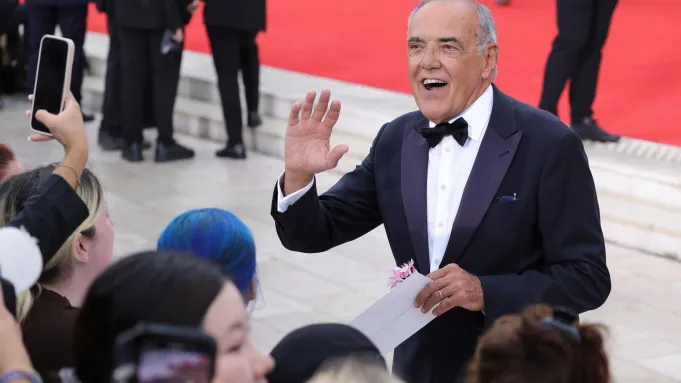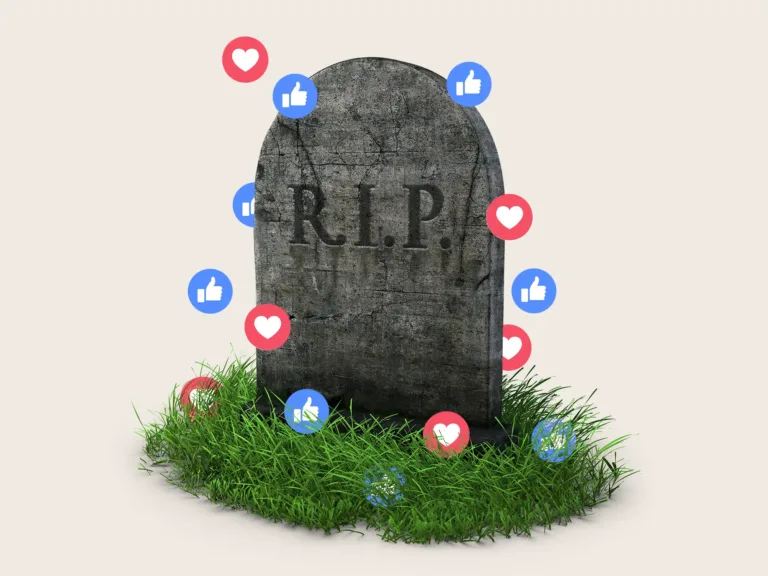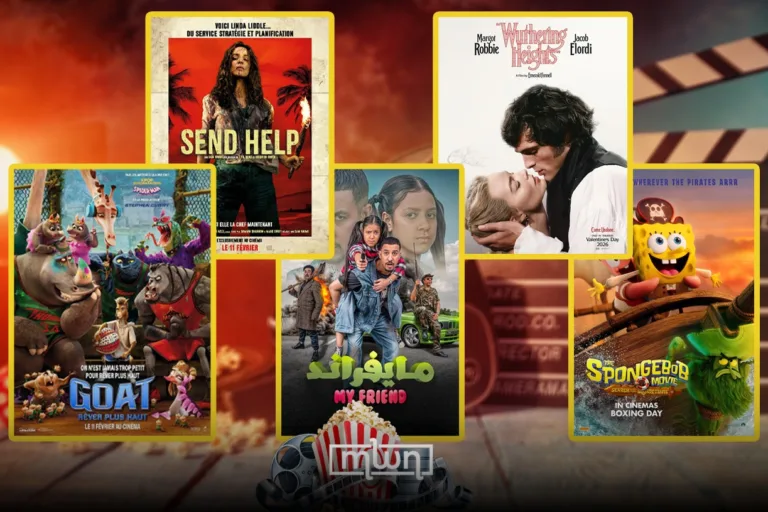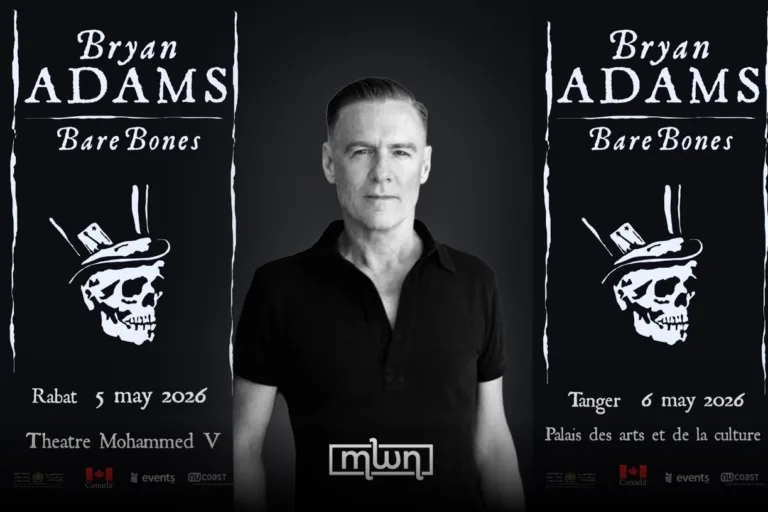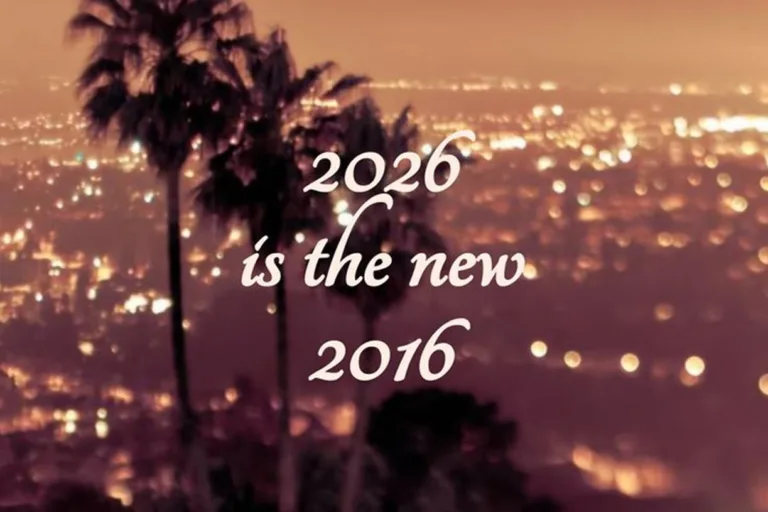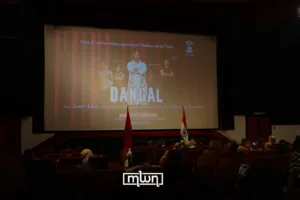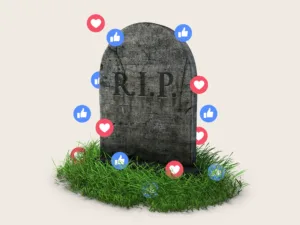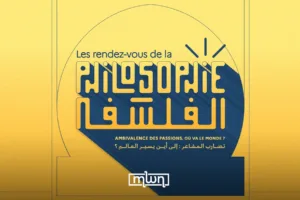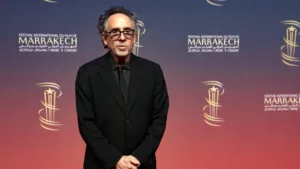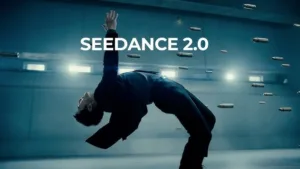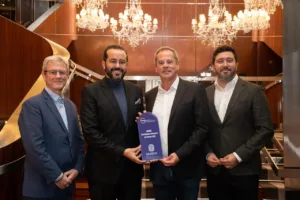Fez – As the genocide in Gaza continues to claim lives and destroy infrastructure, global cultural institutions are increasingly under pressure to acknowledge the scale of the crisis. At this year’s Venice International Film Festival, a pro-Palestinian demonstration demanded more Palestinian recognition and representation within the film industry’s most prestigious platforms.
On August 30, activists gathered at Venice Lido to protest what they called the festival’s “complicity through silence” regarding Israel’s genocide onGaza. Protesters also condemned the event’s ongoing lack of representation for Palestinian filmmakers, calling on organizers to take a more vocal stand and support creative voices from occupied and devastated territories.
Speaking to Deadline, festival director Alberto Barbera claimed that protesters were not barred from the venue. “They didn’t want to enter,” he said. “I asked the organizers of the protest whether they wanted to send a delegation to the red carpet, and they said they weren’t interested in doing that and that they didn’t want to interfere with the festival.”
However, critics say the gesture was insufficient and symbolic at best.
A longstanding absence within Palestinian cinema
Barbera also acknowledged that during his 14-year tenure, no Palestinian films were selected. “There are very few Palestinian films each year,” he explained. “This year, I saw only one film that could have had the profile of a Competition film. It wasn’t quite good enough for us.”
The comments have drawn criticism from cultural commentators and activists who argue that systemic barriers — ranging from lack of funding to limited mobility and censorship — make it disproportionately difficult for Palestinian filmmakers to produce work that meets elite festival standards.
Cultural neutrality amid the Gaza genocide
When asked to make a personal statement condemning Israeli war crimes in Gaza, Barbera said he would—but clarified that the Venice Biennale, which oversees the festival, has a policy of political neutrality.
“We made an initial statement,” Barbera said. “At the pre-opening of the festival, the President of the Biennale made a very strong statement against the war in Gaza. There was a priest alongside him who had been refused entry to Israel in recent weeks and who has been very supportive of Palestine.”
Still, many view that statement as inadequate amid one of the most severe humanitarian crises in the region’s recent history. International rights groups have condemned Israeli airstrikes that have targeted hospitals, schools, and civilian infrastructure.
Israel has killed more than 63,000 Palestinians since October 2023.
The events in Venice are part of a growing global reckoning over how cultural spaces engage with political violence. Similar demonstrations have taken place at film festivals, art biennales, and international expos, with artists and audiences demanding that institutions take a clear moral stance against the ongoing genocide.
While Barbera insists that the Venice Film Festival does not operate with political agendas, critics argue that silence — especially in times of mass suffering — is itself a political position.
Read Also: ‘Who Is Still Alive?’ by Nicolas Wadimoff to Tell Story of Gaza Survivors at Venice Days

